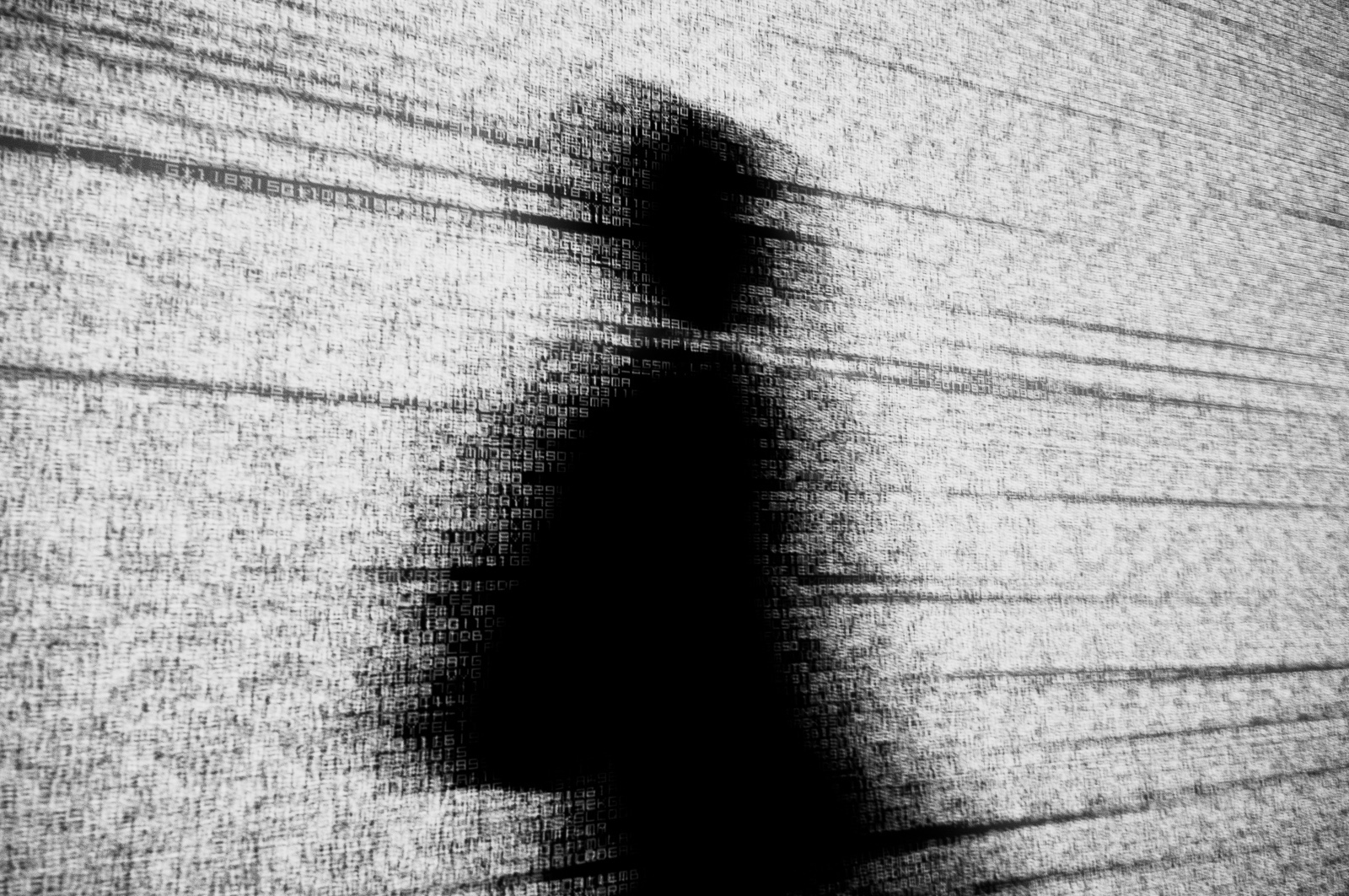Police forces in England and Wales have uploaded up to 18 million ‘mugshots’ to a facial recognition database – many of which include ‘innocent people’ never charged, or others cleared of an offence.
Police are using this library to search for suspects using facial recognition technology. An investigation, carried out by the BBC’s Newsnight, showed that the photos were uploaded without Home Office approval, despite a court ruling it could be unlawful.
In 2012 two people went to the High Court to force the Metropolitan Police to delete their photos from databases. The judge warned forces should revise their policies in ‘months, not years’.
One of the main concerns is that the pictures remain on file indefinitely. Biometrics Commissioner Alastair MacGregor QC said last night that he was concerned about the implications, for privacy and civil liberties, of ‘hundreds of thousands’ of innocent people being in the system. He had concerns about the reliability of the facial recognition technology and told BBC Newsnight that:
‘If the facial recognition software throws up a false match, one of the consequences of that could easily send an investigation off into the completely wrong direction.’
In the same way, he adds that if it doesn’t throw up a match which should be thrown up, then the whole system is ‘much less valuable’.
‘I have been led to believe certainly that there are grounds for doubts as to just how reliable the current technology is that is being applied to the PND.’
Alastair MacGregor QC, Biometrics Commissioner
MacGregor explained how police forces had begun setting up a searchable database of police mugshots last year, without telling either him or the Home Office.
He said that it was ‘surprising’ that such important issues haven’t been addressed ‘more carefully’ and although the database of photographs could prove ‘tremendously useful’, its value will be ‘significantly undermined’ if the public can’t have confidence in it.
A letter from David Laws MP to Home Office Minister Lord Bates read:
‘This database clearly raises some difficult political, legal and operation issues which I fear have not been given the due consideration they deserve. I am alarmed that a searchable police database of facial images has been brought into operation without any public consultation or Parliamentary debate.’
David Laws MP
David Davis, the former Tory shadow home secretary, said that police forces should not ‘misuse the data’. ‘I think there is a mindset here that is just flawed. It misunderstands their own job, what they are doing,’ he told the BBC. ‘It is quite understandable police always want more powers, but I’m afraid the courts and parliament say to them there are limits, you cannot treat innocent people the same way you treat guilty people.’
Chief Constable Mike Barton, of the Association of Chief Police Officers, said that the Police National Database was set up as a result of the Soham inquiry. Barton said the keeping of photographs wasn’t covered by the Protection of Freedoms Act (2012) that covered DNA and fingerprints but said that the police had taken the Data Protection Act (1998) as their ‘Bible’. ‘I’m unashamed of keeping unconvicted photographs in this. We need them for different purposes than DNA and fingerprints. They are not covered by the same legislation,’ Barton said.







